The contributors
Project coordinators

Daphné Budasz
Daphné Budasz is a PhD researcher at the department of History and Civilization of the European University Institute (EUI) in Florence. She studied history at Lausanne University and at Queen Mary University of London. She also completed a professional master degree in public history at Université Paris-Est Créteil. Daphné has worked for the French magazine L’Histoire and as an assistant curator for the House of European History in Brussels.
Her current PhD research deals with the history of race, cross-cultural intimacy and Indian migration in British East Africa (1895-1923). Besides her research, she is involved in several public history projects. She is notably one of the founders of the French public history organisation La Boîte à Histoire.

Markus Wurzer
Markus Wurzer is historian and postdoctoral researcher at the Max Planck Institute for Social Anthropology in Halle an der Saale. He studied history and German language and literature at the Universities of Graz and Bologna. He was a research assistant and lecturer at the Department of History at the University in Graz as well as a university assistant at the Department of Modern and Contemporary History at the University in Linz. His research has taken him to the Austrian Historical Institute in Rome, the International Research Centre for Cultural Studies (IFK) in Vienna, the European University Institute (EUI) in Florence, Harvard University in Cambridge/MA and the European Academy (EURAC) in Bolzano/Bozen. He is co-coordinator of www.postcolonialitaly.com and member of the Steering Committee of “Evidence and Imagination – Special Editions”. Wurzer has received numerous prizes for his work, including the 2016 award of the Dr. Alois Mock Europa-Stiftung for his MA thesis and the 2019 award of the Theodor Körner Fonds for his dissertation. In his PhD thesis he focused on Italy’s colonial enterprise against Ethiopia (1935-1941) in visual culture and family memories. Drawing on the photographs of Italy’s German-speaking soldiers from the province of Bolzano/Bozen as a case study, the thesis explored private photographic practices, the construction and diffusion of colonial (and fascist) visual culture, and followed its persisting traces in family memory until the present day.
Contributors
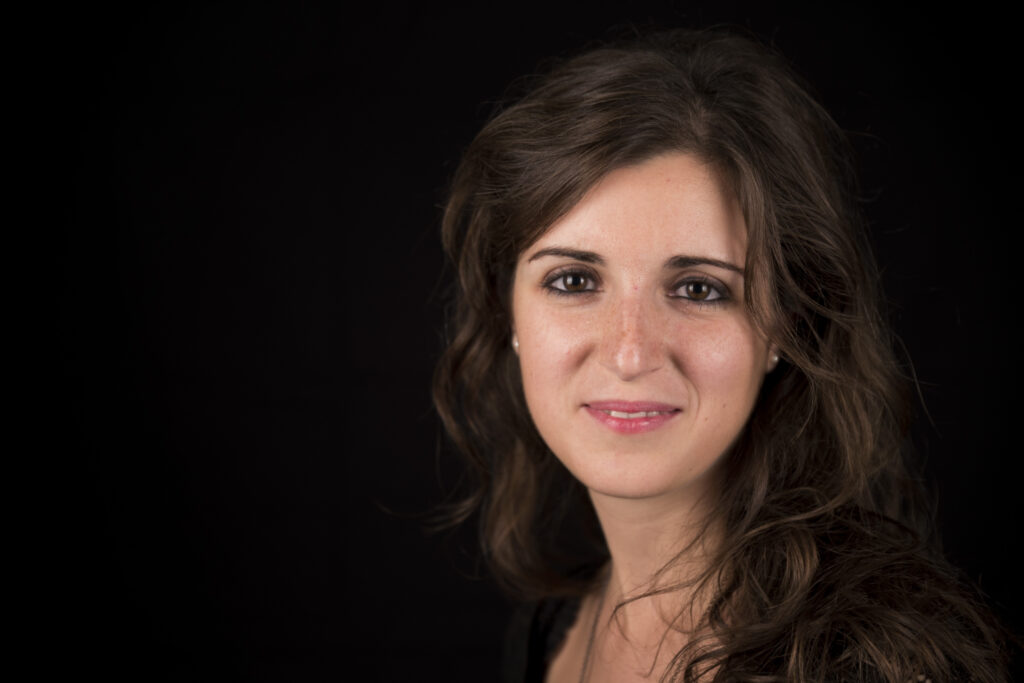
Serena Alessi
Serena Alessi works at the Italian Ministry of Foreign Affairs and International Cooperation, where she is Cultural Promotion Officer. She received her PhD in Italian Studies in 2015 from Royal Holloway University of London, where she also taught Italian language and culture. She subsequently held postdoctoral fellowships at The British School at Rome, at the Fondazione Cini in Venice, and at the Center for Italian Modern Art in New York. Among other research themes, she investigated the representation of the city of Rome in Italian postcolonial women writers.
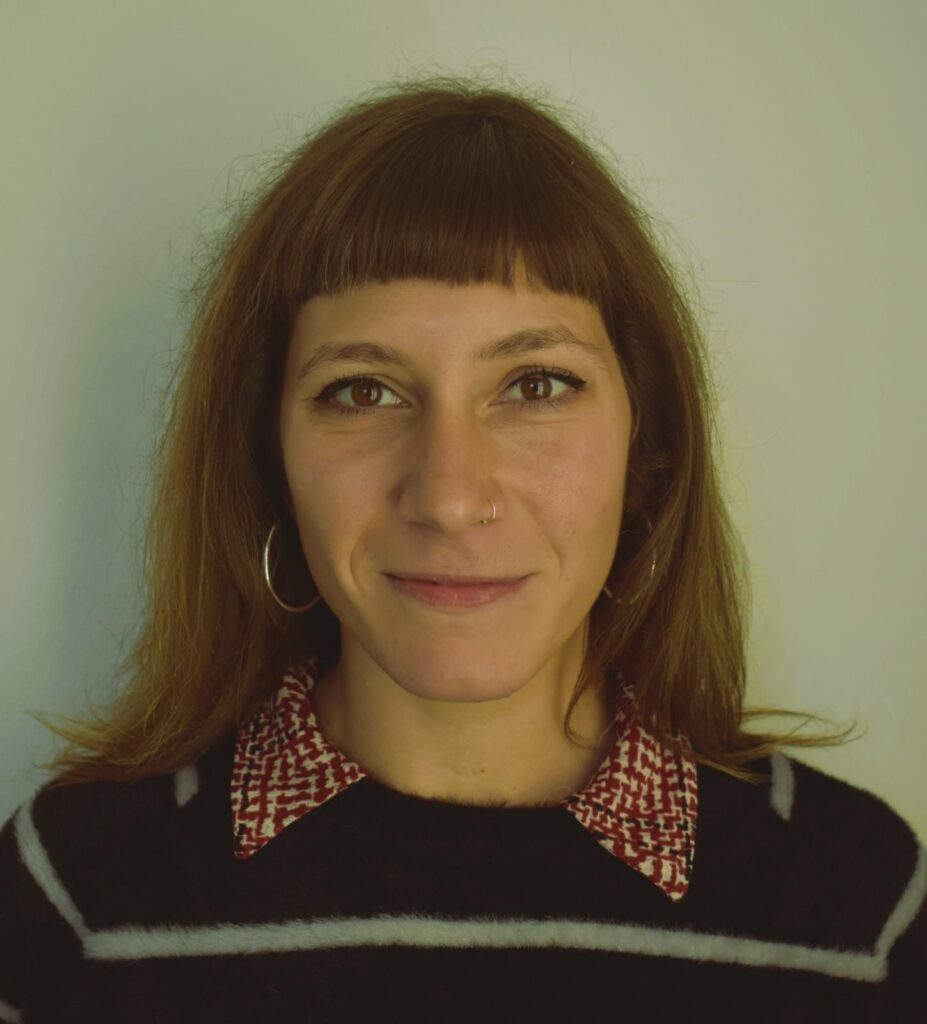
Sofia Bacchini
Sofia Bacchini is a PhD candidate at the department of Human and Social Sciences at University “L’Orientale” of Napoli and a researcher at the Centro Studi per la Stagione dei Movimenti of Parma. Her research interests focus on contemporary and social history of the Arab world, history of colonialism and decolonial processes in the Mediterranean space. She was co-curator of the national conference “Ti porterò dell’Africa un bel fior” (2020) on Italian colonialism and its legacies in the present, and she’s a contributor of the publication “L’esploratore perso nell’oblio. Vittorio Bottego tra mito, storia e rimosso coloniale” (PiGreco 2022). She’s one of the founders of the “Musei Urbani” project (2020) and responsible for historical research.

Carmen Belmonte
Carmen Belmonte is a researcher at the Kunsthistorisches Institut in Florenz, Max-Planck-Institut. Her research focuses on the visual culture and material legacy of Italian colonialism and Fascism. She has published several contributions on colonial visual and material culture in nineteenth-century Italy. She is currently working on a book project centered on the role of the arts in Italian colonialism and she is editing a multi-authored volume that explores the afterlife of Fascist-era architecture, monuments and works of art, questioning the concept of difficult heritage in relation to the Italian nation. Carmen obtained a PhD in Art History from the University of Udine in 2017. Her postdoctoral research has been funded by the Bibliotheca Hertziana, Max Planck Institute, the American Academy in Rome, the Italian Academy for Advanced Studies in America at Columbia University, New York.

Devorah Block
Devorah is an independent consultant on education and strategy in the cultural sector. She has worked with collections as diverse as the Museum of Modern Art, the Pinacoteca di Brera and the Historical Archives of the European Union and with everyone from families to graduate students. She launched the non-profit project The Book Initiative in 2021. Her degrees are in Art History (BA, University of Sydney; MA, Syracuse University) and Studies in Visual Representation (PhD, Scuola Normale Superiore). She has dual USA-NZ citizenship and has been in Italy since 2003, where she lives with her husband and their two children. She contributes to Post Colonial Italy with proofreading English entries to the site and virtual tours, and any other way she can!

Elena Cadamuro
Elena Cadamuro is a PhD candidate at the department of Antiquity, Philosophy and History at University of Genoa. Her PhD research revolves around the images of the African continent and its national communities in the Italian mass culture between 1948 and 1994; through the analysis of these representations on newspapers, magazines and television, the aim is to underline how racist stereotypes continued to be transmitted and spread after the formal loss of all the colonial possessions (1947), and to study how the memory of the Italian colonialism was formed from a visual perspective. Her research interests include museum studies, photography and the fields of the nation and state building. As co-curator, she also contributed to develop the exhibition on Italian colonialism Ascari e Schiavoni. Il razzismo coloniale e Venezia (2017), main source for the Venezia Imperiale map.
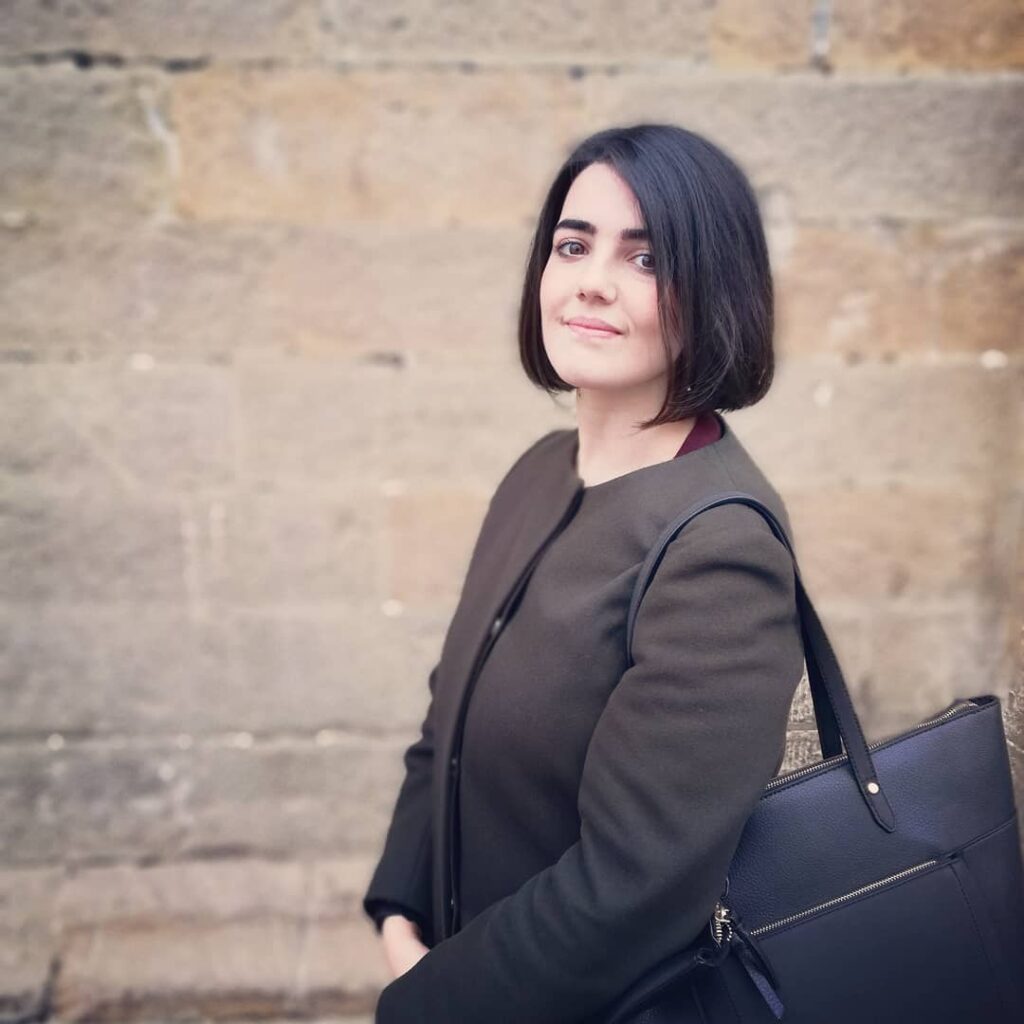
Serena Calaresu
Serena Calaresu is a member of The Recovery Plan’s curatorial team since 2020. She graduated in Art History at the University of Florence with a thesis in Cultural Heritage entitled Il rapporto tra Italia, Etiopia ed Eritrea attraverso uno studio delle collezioni museali italiane dalla seconda metà del XIX sec. ad oggi (The relationship between Italy, Ethiopia and Eritrea through a study of the Italian museum collections from the second half of the 19th century to the present day). Currently, she is completing a master’s degree in Valorizzazione del Patrimonio Culturale (Cultural Heritage) at the Department of Architecture of the University of Florence. She published at the online magazine of contemporary art and critic “Senzacornice”.
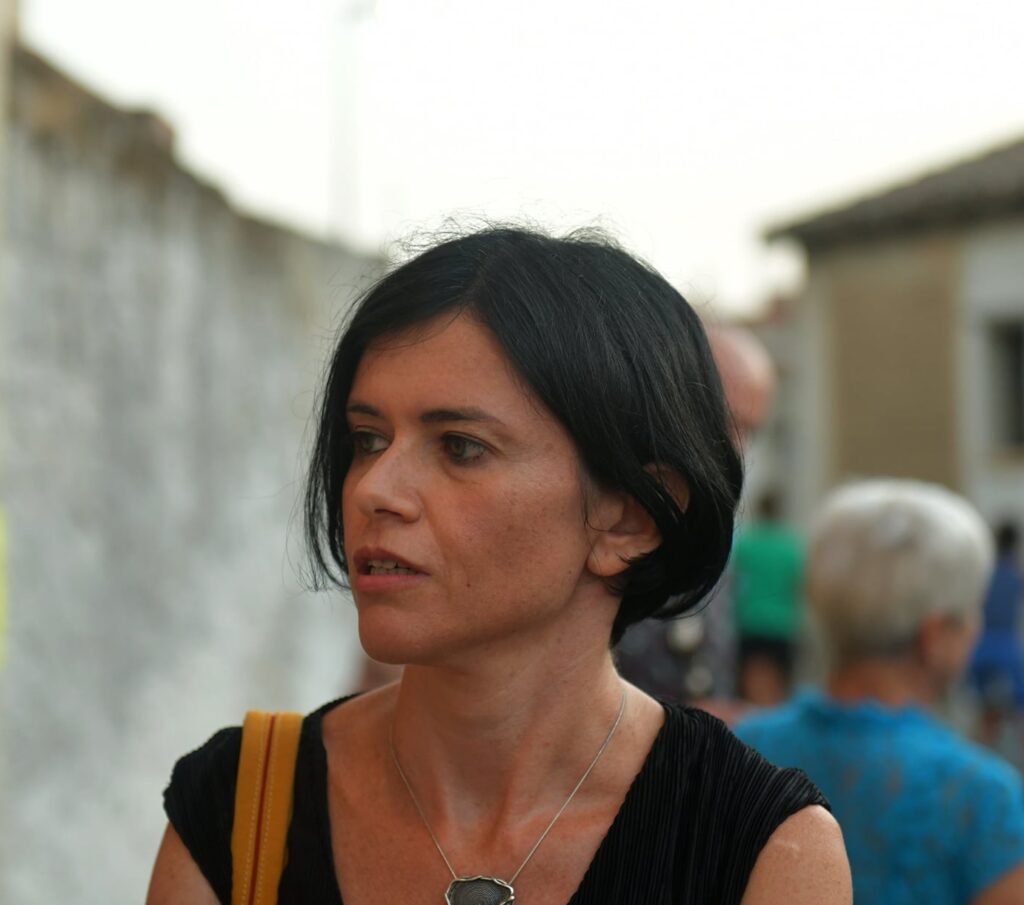
Valeria Deplano
Valeria Deplano is a lecturer in history at the University of Cagliari. Her research interests focus on the history of Italian colonialism, its cultural impact on Italian society, its link with the nation-building process, and its legacies in Republican Italy, with an emphasis on racism. Among her publications: “Per una nazione colonial” (Morlacchi 2018); “La Madrepatria è una terra straniera. Libici, eritrei e somali nell’Italia del dopoguerra” (Le Monnier 2017), “L’Africa in casa. La propaganda coloniale durante il fascismo” (Le Monnier, 2015); “Quel che resta dell’impero. La cultura coloniale degli italiani” (ed. with A. Pes, Mimesis 2014); Between 2013 and 2016 she carried out a research project on the public memory of colonialism in Sardinia (“Sardegna d’oltremare”), connected with the national project “Returning and sharing memories”(University of Modena and Reggio Emilia).

Moritz Deininger
Moritz Deininger lives in Graz, Austria. Currently he is teaching English and history in a secondary school. He supports Mapping Postcolonial Italy by proofreading the contributions of the various authors.
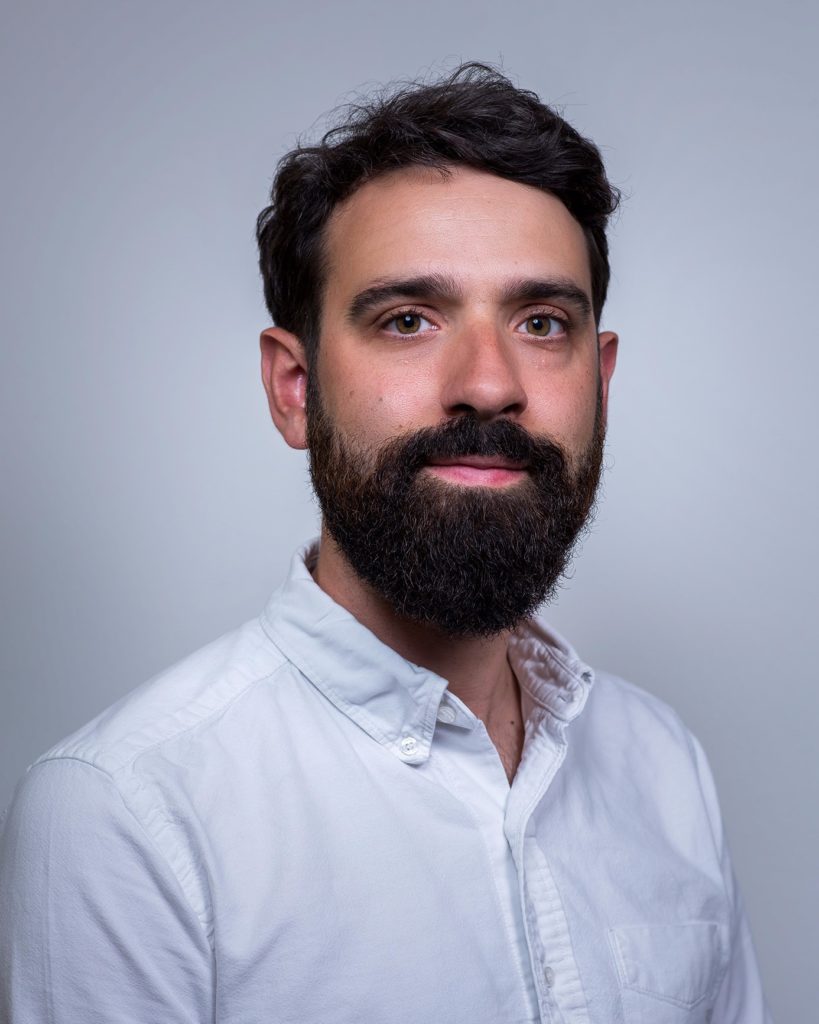
Sebastian De Pretto
Sebastian De Pretto completed his doctoral studies at the University of Lucerne in 2019. In his PhD thesis “Umstrittene Geschichte(n). Erinnerungsorte des Abessinienkriegs in Südtirol”, De Pretto analyses the memorialisation of the 1935-1941 Italo-Abyssinian War by different memory activists at public places of remembrance in South Tyrol after 1945. Within this ideologized framework it comes to light, how the Italo-Abyssinian War was remembered by German- and Italian-nationalistic groups as well as what strategies can be implied to gain more differentiated views on the past. Sebastian De Pretto’s research interests include Italian colonial history, memory studies, (post-)colonial studies, contemporary Italian history, South Tyrolean history, the transnational history of the alpine region.
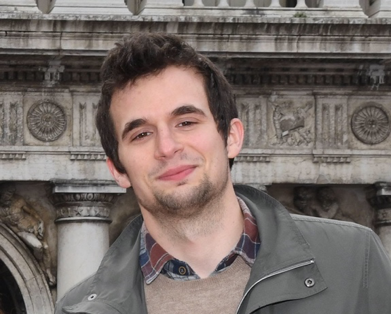
Marco Donadon
Marco Donadon is PhD student in Historical, Geographical, Anthropological Studies at University of Padua, Ca’ Foscari University of Venice and University of Verona. His project of research intends to shape the biography of Alberto Pariani (Italian General Army) starting from the analysis of his diaries written during his stay in the prison of Procida (1944-1947), where other relevant figures of fascist regime and Italian Army were incarcerated after the fallen of the fascism and the armistice of Cassibile.
Previously he obtained an MA at Ca’ Foscari with a thesis regarding the role of Venice and its university (Ca’ Foscari) during the Italian colonialism (1868-1943), a research inspired by his experience as co-curator of the exhibition on Italian colonialism Ascari e Schiavoni. Il razzismo coloniale e Venezia (2017), main source for the Venezia Imperiale map.

Livia Dubon
Livia Dubon is a London-Florence based, researcher and independent curator. Her recent research focuses on the relationship between concepts of national identity, collective memory, and representation. A selections of exhibitions she curated are “Negotiating Amensia” (Murate PAC, 28 Nov – 09 Dec 2015) and “Truly False (Casa degli artisti 17 nov-12 Dec 2021).
Livia is currently Ph.D. candidate at Kingston University London with the title “L’orecchio Teso, L’occhio Sordo, italianness and resistances in the IsIAO colonial photographic archive“. She has successfully completed three Masters Degrees; in Museums and Gallery Studies (Newcastle, UK, 2009), in International Management of the Arts (Genoa, Italy, 2005), and in Art History (Parma, Italy, 2004).

Nikolaos Mavropoulos
Nikolaos Mavropoulos has studied Balkan studies (BA) and European History (MA) in Greece. In 2014 he was awarded with Sapienza University’s PhD fellowship. As a PhD candidate he carried out his research project, entitled “The Japanese expansionism in Asia and the Italian expansion in Africa: A comparative study of the early Italian and the early Japanese colonialism”. His doctoral thesis was based on research in libraries and archival collections in Italy, Japan and England over a period of 3 years, and uncovered important parallels in the early colonial endeavours of two latecomers to the drive for imperial expansion, Italy and Japan. In September 2019 he received his doctoral degree from Sapienza University of Rome, Department of History, Culture, Religion.

Elisabetta Pauletti
Born in Venice, Elisabetta Pauletti graduated in Classics in Rome, where she then spent much of her professional life, delving into the worlds of television, publishing, research, press, PR and TLC. She then concentrated on family, spending time in Rome, Sardinia, and England.
Renewed interest in publishing once she moved to Turin in 2016, (translating from English and creating websites) pushed her back into the game with focus on tourism. Her 2018 book Torino insolita e curiosa (‘Unusual and Curious Turin’) presents 40 little-known stories from the city’s history. In 2020, she published La Seconda Guerra Mondiale, an easy digest of World War 2 history. Both books come through Edizioni del Capricorno, Turin-based publishers.
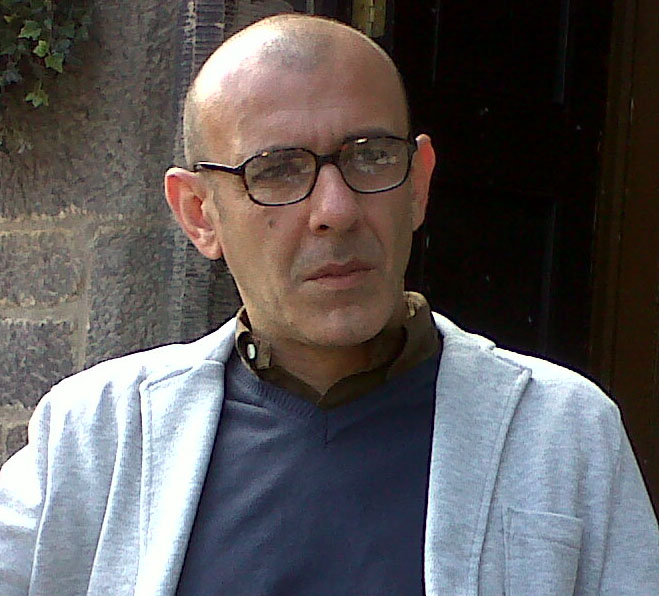
Alessandro Pes
Alessandro Pes is lecturer in contemporary history at the Department of Political and Social Sciences of the University of Cagliari. He deals with the history of colonialism and decolonization and the history of fascism in Italy. He is particularly involved in the historical reconstruction and analysis of the colonial inheritance in contemporary Italy. On these issues he has published, among others, “La costruzione dell’impero fascista” (Aracne 2010) and “Bonificare gli italiani” (AM&D 2013). He is the editor (with Valeria Deplano and Giuliana Laschi) of “Europe Between Migrations, Decolonization and Integration, 1945-1992” (Routledge 2020) and “Europa in Movimento” (Mulino 2017). Together with Valeria Deplano, he has edited “Quel che resta dell’impero” (Mimesis 2014).

Iris Pupella-Noguès
Iris Pupella-Noguès is currently a PhD Candidate in contemporary history at the University of Paris-Est and University of Trieste. She works on the everyday political life of public spaces in the city of Trieste during the fascist period (1920-1943). She holds MAs in History (2016) and in Public History (2017) from University of Paris-Est and took her bachelor degree from University of Toulouse and University of Rome III. She worked for documentary production company O2B Films, for the French TV channel TF1 and, in 2017, she co-founded La Boîte à Histoire, a public history association based in Paris.

Eleonora Sartoni
Eleonora Sartoni is an Assistant Teaching Professor of Italian at the Pennsylvania State University. She received her PhD in Italian Studies in January 2020 from Rutgers University. In her book manuscript, titled A Capital on Paper: Rome’s Monuments and Public Space in Cultural Representations of the Nation (1870–1895), she investigates the symbiotic relationship between monuments, architecture, urban plans, and popular media in the creation of Rome’s national identity. By engaging with the different narrative strategies used in the popular culture of the period to cast the idea of a modernized capital while renovations were still incomplete, A Capital on Paper unveils the fragility of national identity and the global capitalist model adopted for the transformation of Rome and offers narrations of resistance to homogenizing political and economic forces. Her research interests focus on urban studies, biopolitics, ecocriticism, cinema and literature exploring the relationship between body, society, and space.
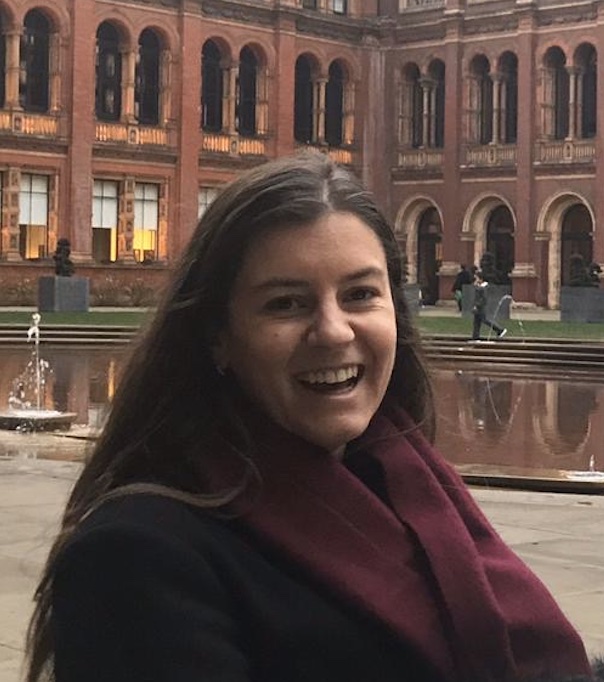
Victoria Witkowski
Victoria Witkowski is currently a postdoctoral fellow at the British School at Rome (BSR), after having defended her PhD at the European University Institute (EUI) in Florence. Her thesis analysed the public life and collective remembrance of Rodolfo Graziani, and her current research focus is centred upon on twentieth century conceptions of fascist and colonial heroism. Her transnational research has taken her to archives, conferences and fellowships across Italy, the U.S. and the U.K.